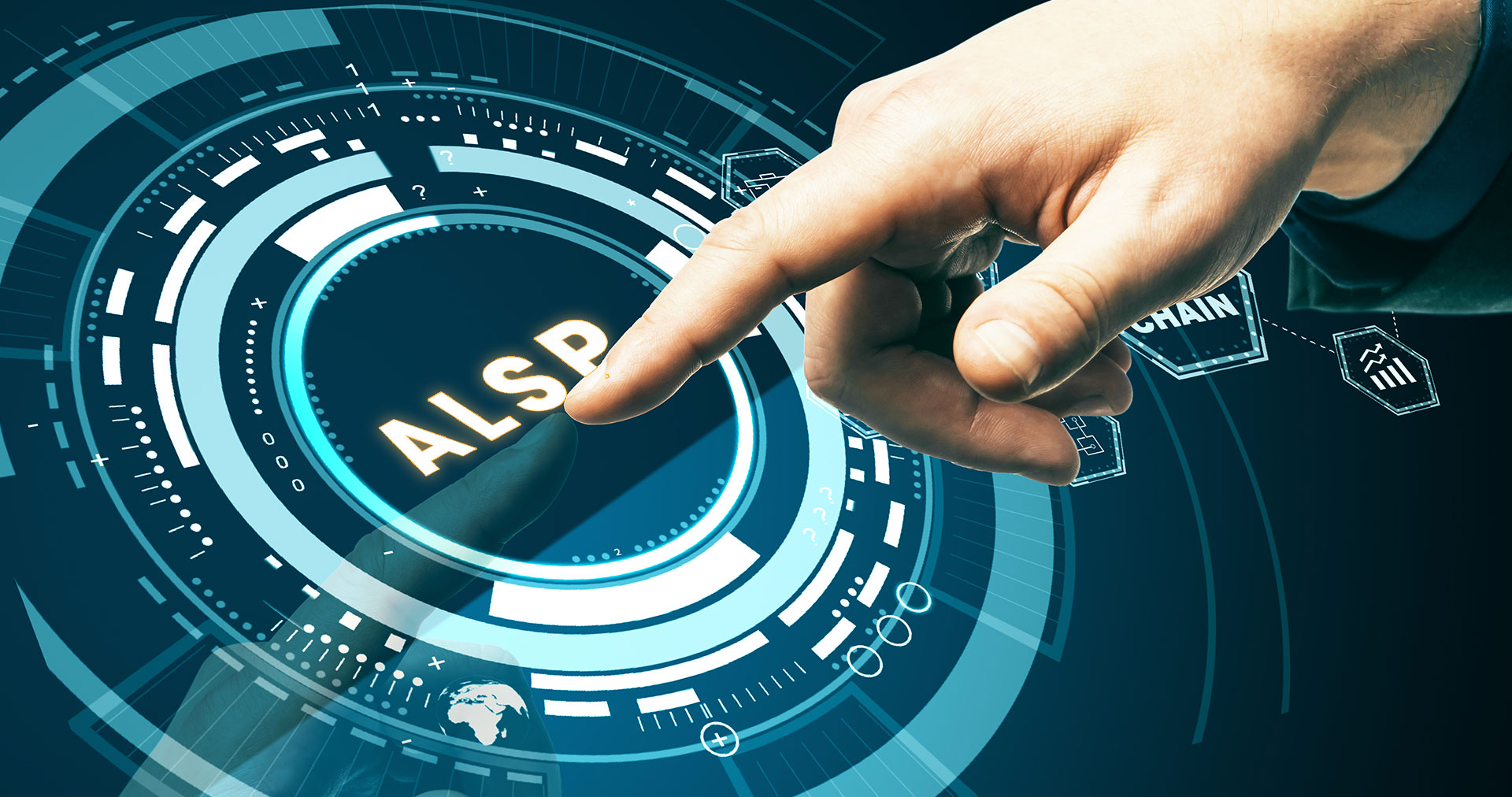AI is having a profound effect on the practice of law. Though AI is more likely to aid than replace attorneys in the near term, it is already being used to review contracts, find relevant documents in the discovery process, and conduct legal research.
Business Law Today
The integration of legal technology and artificial intelligence (AI) has become a major force in this period of unparalleled technological advancement. This collaboration creates the foundations of legal practice and client interaction. Previously constrained by custom and precedent, the legal field is a dynamic intersection where cutting-edge technology continually redefines what is possible. “Innovation Unleashed” acts as a road map through this confusing landscape, where artificial intelligence (AI) and technological advances in law meet to transform procedures, boost productivity, and upend conventional wisdom.
The boundaries of the legal profession are evolving as we navigate this dynamic intersection. The partnership between human intelligence and machine accuracy is changing the function of legal research, from expedited document processing and analytical prediction to the enhancement of legal research capabilities.
The New Role of Legal Tech
Increased Scope of Automation and Efficiency
Regular duties like document inspection, contract analysis, and legal research are becoming more efficient thanks to legal tech and AI. Due to these technologies’ superior data processing capabilities, legal professionals can concentrate on higher-value work, which enhances productivity and efficiency.
Better Legal Research
AI-powered solutions provide quick and thorough legal research, giving attorneys access to a large database of precedents, statutes, and cases. This makes legal analysis more authentic and accurate.
Predictive Analytics for Case Outcomes
AI-enabled legal technology may examine past case data to forecast future results, assisting attorneys in formulating well-informed legal strategies. The ability to forecast the future improves resource allocation and decision-making.
Will AI Replace Lawyers?
The topic of whether artificial intelligence (AI) will replace lawyers is the hottest topic across the legal community as AI develops at a rapid rate. Although AI completely changes the legal landscape, its progress is better seen as a cooperative effort rather than a complete replacement.
AI is excellent at automating repetitive processes, such as document review and legal research, giving legal professionals back valuable time. The strength of this technology is its ability to process and analyze data at a pace and accuracy never seen before. But legal practice is more than just interpreting statistics. The legal field involves human qualities such as empathy, judgment, and a sophisticated grasp of context; it is inherently complicated. Even though it can do repetitive and data-centric duties, artificial intelligence (AI) lacks the emotional intelligence and critical reasoning that distinguish human lawyers.
AI is positioned to be a vital instrument that will enhance the ability of legal practitioners rather than replace them. AI-powered solutions give attorneys access to thorough legal research and predictive analytics, enabling them to plan and make better decisions.
AI expedites procedures, improving efficiency without sacrificing accuracy in domains like contract assessment. Legal practitioners can refocus their attention on high-value activities like client engagement, complicated case strategy, and ethical decision-making by automating routine operations.
In summary, the introduction of AI into the legal sector does not indicate the elimination of legal professionals. Rather, it denotes a well-balanced progression in which technology augments, instead of replaces, the fundamental principles of legal practice.
AI In Legal: Use Cases
A boom in the use of legal tech solutions, such as AI-powered research tools and case management software, is anticipated in the legal sector. This tendency is expected to improve the general efficacy and efficiency of legal practice.
AI in Dispute Resolution
In the future, AI will be essential to alternative dispute settlement procedures. AI algorithms for arbitration and mediation procedures may speed up settlement, cut expenses, and produce more reliable results.
Blockchain for Legal Operations
It is anticipated that blockchain technology will be used more frequently in legal operations, especially in areas such as smart contracts, which guarantee the efficiency, security, and transparency of contractual agreements.
Ironclad Cybersecurity
As legal technology is integrated into more legal workflows, cybersecurity measures will become of greater significance to the legal field. Retaining confidentiality and safeguarding legal data will be essential for preserving compliance and confidence.
Ethical and Regulatory Considerations
A reassessment of ethical and regulatory frameworks is prompted by the advent of legal tech and AI. Policymakers and legal experts need to work together to address concerns about data privacy, algorithmic prejudice, and the moral application of AI in the practice of law.










